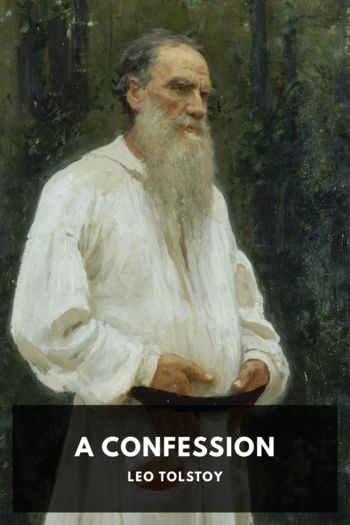hundred as surety for a young comrade, Venovsky, who had lost that sum to a cardsharper in Vronsky’s presence. Vronsky had wanted to pay the money at the time (he had that amount then), but Venovsky and Yashvin had insisted that they would pay and not Vronsky, who had not played. That was so far well, but Vronsky knew that in this dirty business, though his only share in it was undertaking by word of mouth to be surety for Venovsky, it was absolutely necessary for him to have the two thousand five hundred roubles so as to be able to fling it at the swindler, and have no more words with him. And so for this first and most important division he must have four thousand roubles. The second class—eight thousand roubles—consisted of less important debts. These were principally accounts owing in connection with his race horses, to the purveyor of oats and hay, the English saddler, and so on. He would have to pay some two thousand roubles on these debts too, in order to be quite free from anxiety. The last class of debts—to shops, to hotels, to his tailor—were such as need not be considered. So that he needed at least six thousand roubles for current expenses, and he only had one thousand eight hundred. For a man with one hundred thousand roubles of revenue, which was what everyone fixed as Vronsky’s income, such debts, one would suppose, could hardly be embarrassing; but the fact was that he was far from having one hundred thousand. His father’s immense property, which alone yielded a yearly income of two hundred thousand, was left undivided between the brothers. At the time when the elder brother, with a mass of debts, married Princess Varya Tchirkova, the daughter of a Decembrist without any fortune whatever, Alexey had given up to his elder brother almost the whole income from his father’s estate, reserving for himself only twenty-five thousand a year from it. Alexey had said at the time to his brother that that sum would be sufficient for him until he married, which he probably never would do. And his brother, who was in command of one of the most expensive regiments, and was only just married, could not decline the gift. His mother, who had her own separate property, had allowed Alexey every year twenty thousand in addition to the twenty-five thousand he had reserved, and Alexey had spent it all. Of late his mother, incensed with him on account of his love affair and his leaving Moscow, had given up sending him the money. And in consequence of this, Vronsky, who had been in the habit of living on the scale of forty-five thousand a year, having only received twenty thousand that year, found himself now in difficulties. To get out of these difficulties, he could not apply to his mother for money. Her last letter, which he had received the day before, had particularly exasperated him by the hints in it that she was quite ready to help him to succeed in the world and in the army, but not to lead a life which was a scandal to all good society. His mother’s attempt to buy him stung him to the quick and made him feel colder than ever to her. But he could not draw back from the generous word when it was once uttered, even though he felt now, vaguely foreseeing certain eventualities in his intrigue with Madame Karenina, that this generous word had been spoken thoughtlessly, and that even though he were not married he might need all the hundred thousand of income. But it was impossible to draw back. He had only to recall his brother’s wife, to remember how that sweet, delightful Varya sought, at every convenient opportunity, to remind him that she remembered his generosity and appreciated it, to grasp the impossibility of taking back his gift. It was as impossible as beating a woman, stealing, or lying. One thing only could and ought to be done, and Vronsky determined upon it without an instant’s hesitation: to borrow money from a moneylender, ten thousand roubles, a proceeding which presented no difficulty, to cut down his expenses generally, and to sell his race horses. Resolving on this, he promptly wrote a note to Rolandak, who had more than once sent to him with offers to buy horses from him. Then he sent for the Englishman and the moneylender, and divided what money he had according to the accounts he intended to pay. Having finished this business, he wrote a cold and cutting answer to his mother. Then he took out of his notebook three notes of Anna’s, read them again, burned them, and remembering their conversation on the previous day, he sank into meditation.
XX
Vronsky’s life was particularly happy in that he had a code of principles, which defined with unfailing certitude what he ought and what he ought not to do. This code of principles covered only a very small circle of contingencies, but then the principles were never doubtful, and Vronsky, as he never went outside that circle, had never had a moment’s hesitation about doing what he ought to do. These principles laid down as invariable rules: that one must pay a cardsharper, but need not pay a tailor; that one must never tell a lie to a man, but one may to a woman; that one must never cheat anyone, but one may a husband; that one must never pardon an insult, but one may give one and so on. These principles were possibly not reasonable and not good, but they were of unfailing certainty, and so long as he adhered to them, Vronsky felt that his heart was at peace and he could hold his head up. Only quite lately in regard to his relations with Anna, Vronsky had begun to feel that his code of principles did not fully cover all possible contingencies, and






Comments (0)